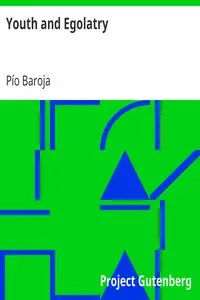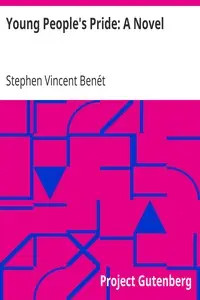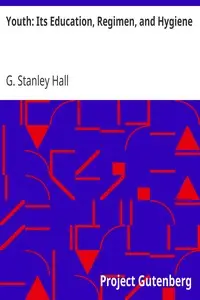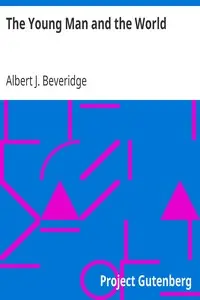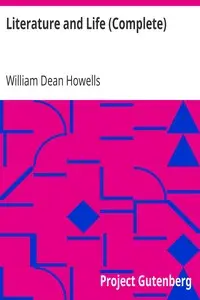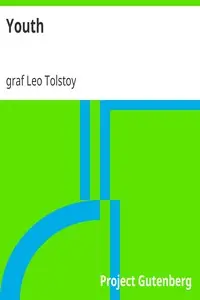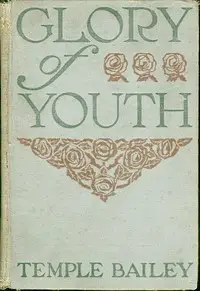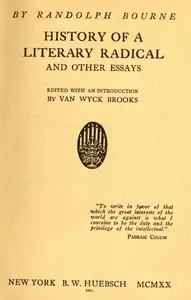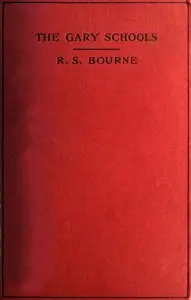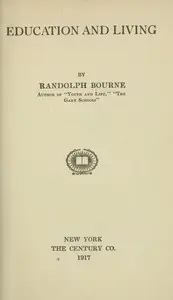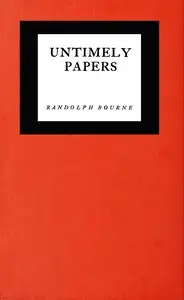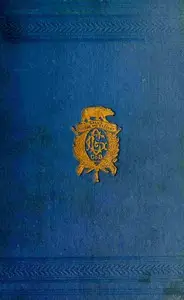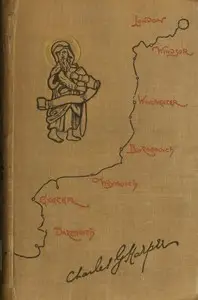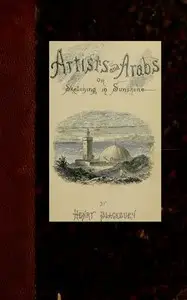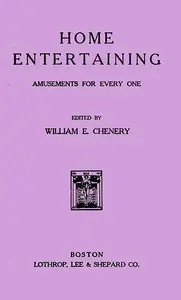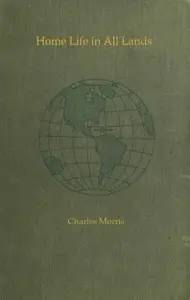"Youth and Life" by Randolph Silliman Bourne is a book that looks closely at what it means to be young, especially during the early 1900s. It considers youth to be a time of great change, filled with big ideas, strong beliefs, and the difficulty of becoming an adult. The book talks about expressing yourself, the fights that can happen between different age groups, and what society expects from its young people. At the beginning, youth is shown as full of energy, a new understanding of oneself, and a move away from the simpler times of childhood. Bourne explains the hard times young people go through as they try to understand the world, stating that facing hard situations helps to build who they are and what they believe, while also setting up a conversation about how different generations see things.
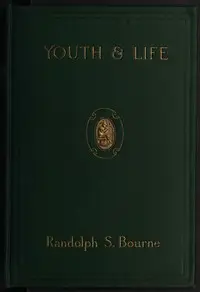
Youth and Life
By Randolph Silliman Bourne
Explore the vibrant, turbulent world of youth as they challenge old ideas, grapple with societal expectations, and fight to define their place in a rapidly changing world.
Summary
About the AuthorRandolph Silliman Bourne was a progressive writer and intellectual born in Bloomfield, New Jersey, and a graduate of Columbia University. He is considered to be a spokesman for the young radicals living during World War I. His articles appeared in journals including The Seven Arts and The New Republic. Bourne is best known for his essays, especially his unfinished work "The State," discovered after he died. From this essay, which was published posthumously and included in Untimely Papers, comes the phrase "war is the health of the state" that laments the success of governments in arrogating authority and resources during conflicts.
Randolph Silliman Bourne was a progressive writer and intellectual born in Bloomfield, New Jersey, and a graduate of Columbia University. He is considered to be a spokesman for the young radicals living during World War I. His articles appeared in journals including The Seven Arts and The New Republic. Bourne is best known for his essays, especially his unfinished work "The State," discovered after he died. From this essay, which was published posthumously and included in Untimely Papers, comes the phrase "war is the health of the state" that laments the success of governments in arrogating authority and resources during conflicts.

